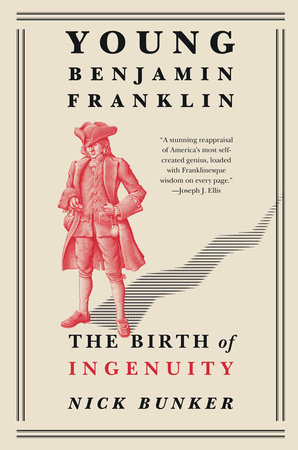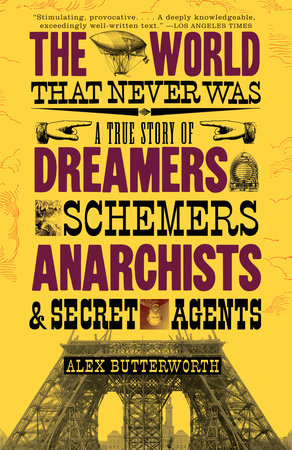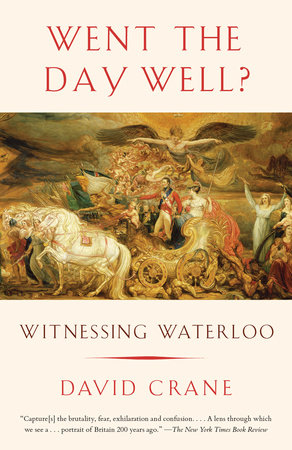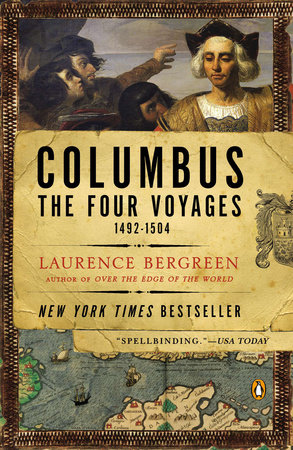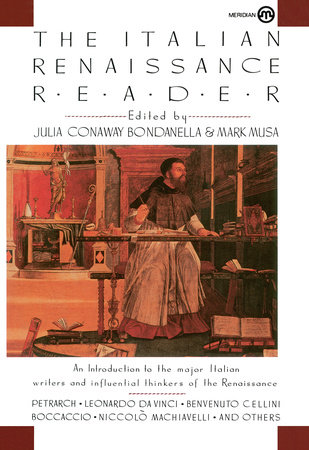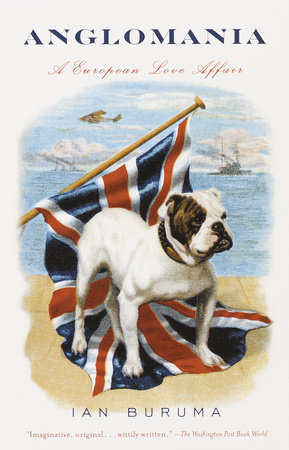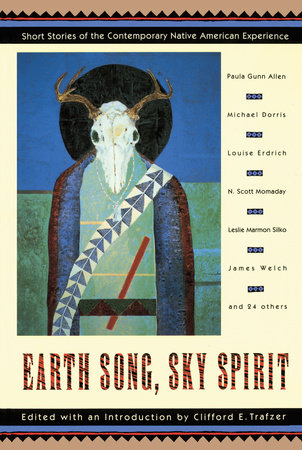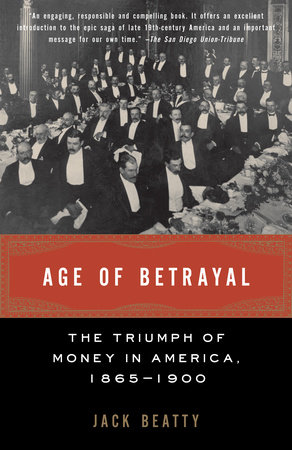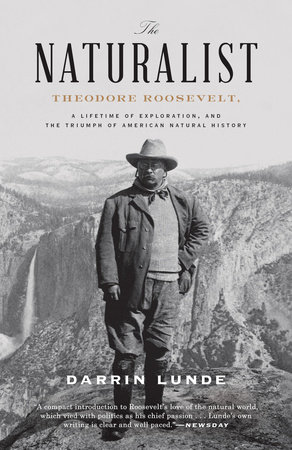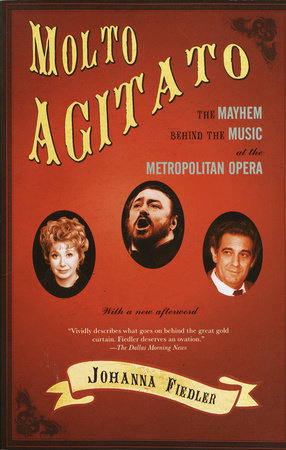Q: What led you to want to write about the early life of Benjamin Franklin?
A: In my previous book, An Empire on the Edge, I described Franklin in London in the early 1770s as he fell out of love with the British Empire. After the Boston Tea Party, when Franklin was already 68 years old, he had to gather all his resources of intellect, imagination, and courage, and become a revolutionary. Something Franklin had never expected to be! So the question is this: just how did he do it? If we want to find the secret of Franklin’s extraordinary energy and his resilience, I think we have to go back to the beginning. We have to delve deeply into his early years to see him becoming the man he was. We cannot simply rely on the quite brief account of his origins and his youth that Franklin gives us in his autobiography.
Q: Unlike other biographers of Franklin, you’ve undertaken substantial research into the Franklin family in England, before Benjamin’s father came to the American colonies. What did you learn and how does the knowledge of his family change the image of Franklin as a self-made man?
A: Time and again, biographers have depicted Franklin’s forebears as obscure country people, with the words “plain” and “humble” often cropping up. This is a travesty of the truth. In fact, Franklin’s father Josiah and four of his uncles were excellent craftsmen, trained in London. I tell their story and I show that they were also highly literate, scientifically aware, and deeply immersed in the political affairs of seventeenth-century England. In 1683, when Josiah Franklin arrived in Massachusetts as a political refugee, he brought with him a legacy of skills and ideas that he passed on to his children. Benjamin Franklin was certainly self-made in the sense that without any inheritance of money or title he had to build his own career. But he didn’t come from nowhere.
Q: Why is “ingenuity” such an important word in your book?
A: Along with “ingenious,” it was perhaps Franklin’s favorite word, appearing many, many times in his writings. It had become a fixture of the English language in the 1660s and 1670s, when Sir Isaac Newton was making his first great discoveries. When writers of the period wanted to define what Newton and his fellow scientists were up to, they called it “ingenuity,” and so did Franklin. By the eighteenth century, the word had come to signify a combination of intellect, imagination, practical skills with the hand and the eye, and wit and sociability—the very same combination of talents that Franklin possessed. So the word “ingenuity” carried a host of cultural connotations that help us to understand him and the world from which he came.
Q: You make the point that Franklin’s world was very different from that of the other founding fathers. How so? And what impact did this have on him?
A: I think it gave Benjamin Franklin a more open, more flexible frame of mind. By the time John Adams was born in 1735, Franklin was already 29, and he was nearly 40 years older than Thomas Jefferson. Adams and Jefferson were men born into a structured, quite mature and predictable colonial world, and of course they and many of their colleagues in the Revolution were lawyers, which Franklin was not. Franklin’s origins were very different. In his boyhood people could still vividly remember the Salem witch trials. Colonial towns and institutions, legal systems, and so on were still raw and unformed. Then Franklin went on to work as a printer and journalist, meeting a vast array of different kinds of people. He also had to live by his wits. All of this meant that Franklin’s experience of life was exceptionally wide and he saw an enormous sweep of history. Because he had done so much to make change occur, the Franklin of the 1770s and 1780s did not feel frightened by change or unpredictability. Indeed as he grew older Franklin actually became bolder and more radical. Which is rare.
Q: You also argue that when Franklin was a young man, the fear of failure was an essential element within his psyche. What makes you say that? How did it shape his life?
A: Although Franklin was a huge success, he wrote a great deal about failure, about friends and rivals who fell by the wayside. I have used archival material to uncover their forgotten and sometimes very moving stories. The eighteenth century was an age without a safety net, something of which Franklin was acutely aware. He knew just how close he too had come to disaster in his youth and this led him to make extraordinary efforts to master his own emotions, educate himself, and build networks of friends and allies.
Q: Why did you decide to end the book where you did in the 1740s?
A: Because the single most decisive turning point in Franklin’s life occurred as he turned 41, in the winter of 1746-1747 when he began his electrical experiments. Franklin had always known that he was gifted, but it was only then that he discovered just how brilliant an experimental scientist he could be. Read Franklin’s letters and papers from this period, and you can feel his sense of excitement and his growing confidence as he transformed himself into a physicist as distinguished as the finest minds in Europe. This is when Franklin started to lose his fear of failure, but he never forgot that it had been so much a part of his personality.
Q: The most popular images of Franklin are from later in his life, with grey hair and spectacles. You describe Franklin as a strapping young man, a regular swimmer, a vegetarian, who walked across the state of New Jersey on his journey to Philadelphia. Do you feel like this image of the younger Franklin has been a bit lost to history? What other surprises did you discover?
A: There’s an obvious problem, which is that the earliest known likeness of Franklin dates from about 1746. It’s a very conventional oil painting showing him looking rather stiff and middle-aged in a wig. To try to get at the athletic young Franklin, I’ve explored—for example—the technicalities of the printing trade, which show us what kind of mental and physical aptitudes he possessed. As for his journey across New Jersey, I researched Franklin’s route using detailed topographical maps, county histories and archives, and I spent two days following it by car and on foot.
Q: You write about the women in Franklin’s life, especially his wife Deborah. Do you think they have been unfairly neglected by biographers?
A: Most definitely! I see Deborah Franklin as an accomplished businesswoman, well-connected and popular in Philadelphia. She was also very English, with prosperous relatives in her family’s hometown of Birmingham, England, where they were craftsmen and industrialists. You might try a thought experiment: if Franklin had died young, at 35 say, would Deborah have carried on his printing shop and his newspaper, the Pennsylvania Gazette? The answer is almost certainly yes. In Charleston, South Carolina, there was a widow—Elizabeth Timothy—who did precisely that, and in London one of the early eighteenth century’s most enterprising printers and publishers was a woman, Mrs. Elinor James.
Q: The cities of Boston, London, and Philadelphia are almost characters themselves in your book. How did they shape the young Franklin?
A: Boston gave Franklin his love of books, and his strong physique—it was where he learned to swim. It also taught him how to think clearly and logically, because the town had such a lively culture of controversy. London, where the young Franklin spent eighteen months in 1725-1726, served as a sort of graduate school in advanced printing and publishing, and it greatly enlarged his horizons. But it was Philadelphia, with its openness to new ideas, its diversity—thanks to wave after wave of immigrants—and its dynamic economy that made Franklin a success. There he found the mentors and collaborators he required.
Q: What do you feel is Franklin’s greatest legacy today?
A: I see it in his scientific work. I don’t mean the specific discoveries Franklin made—what I’m talking about is the infrastructure of research that he strove to create. Franklin knew that if you want to advance human knowledge, you need more than just an assortment of brilliant individuals. You also need funding, you need schools, associations, and learned societies, you need libraries and periodicals, and you need apparatus, the people who know how to make it, and the facilities in which to put it, and you need a culture of free inquiry, team work, mutual respect, and civility.
From the 1740s onwards, we can find Franklin doing everything he could to bring such an infrastructure of science into being in what would become the United States. And so, if I have to name Franklin’s finest bequest to his nation, I see it in his distant great-grandchildren: America’s research universities, laboratories, and medical schools.
